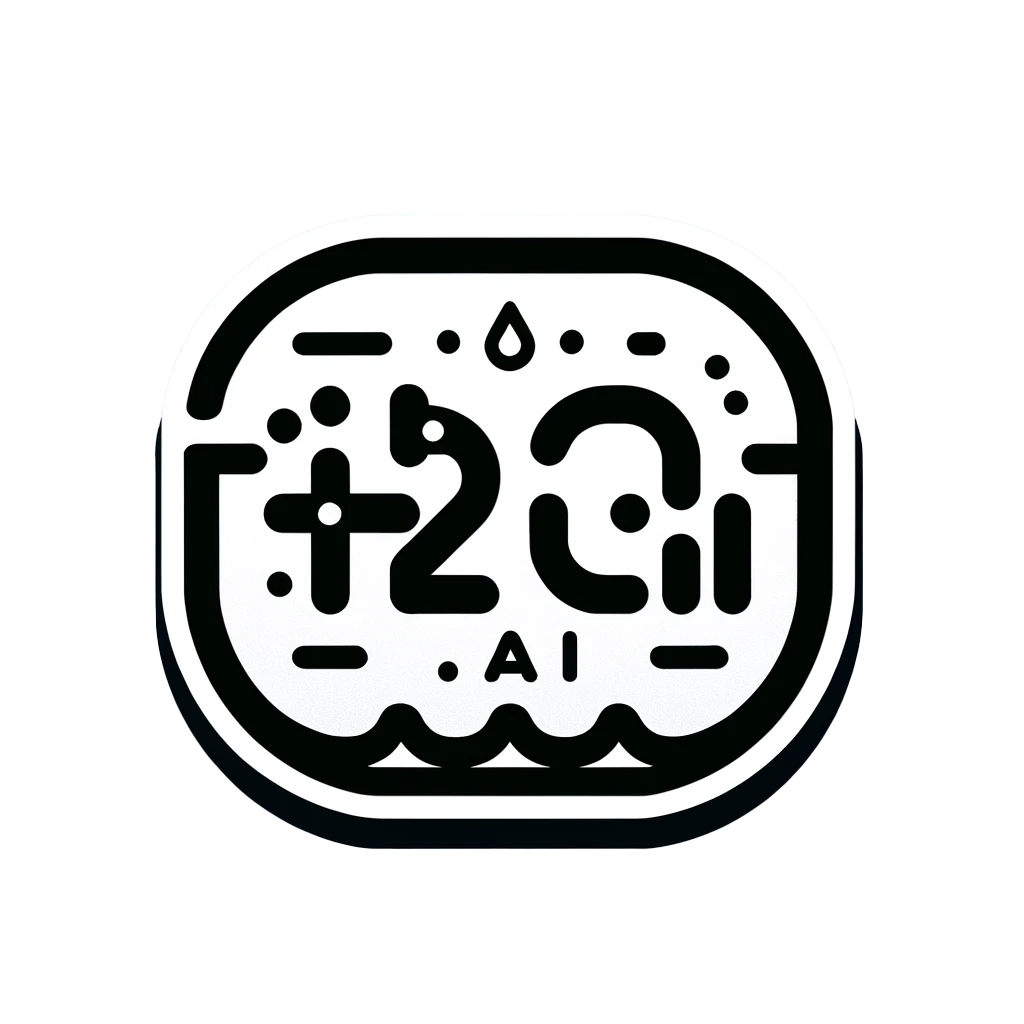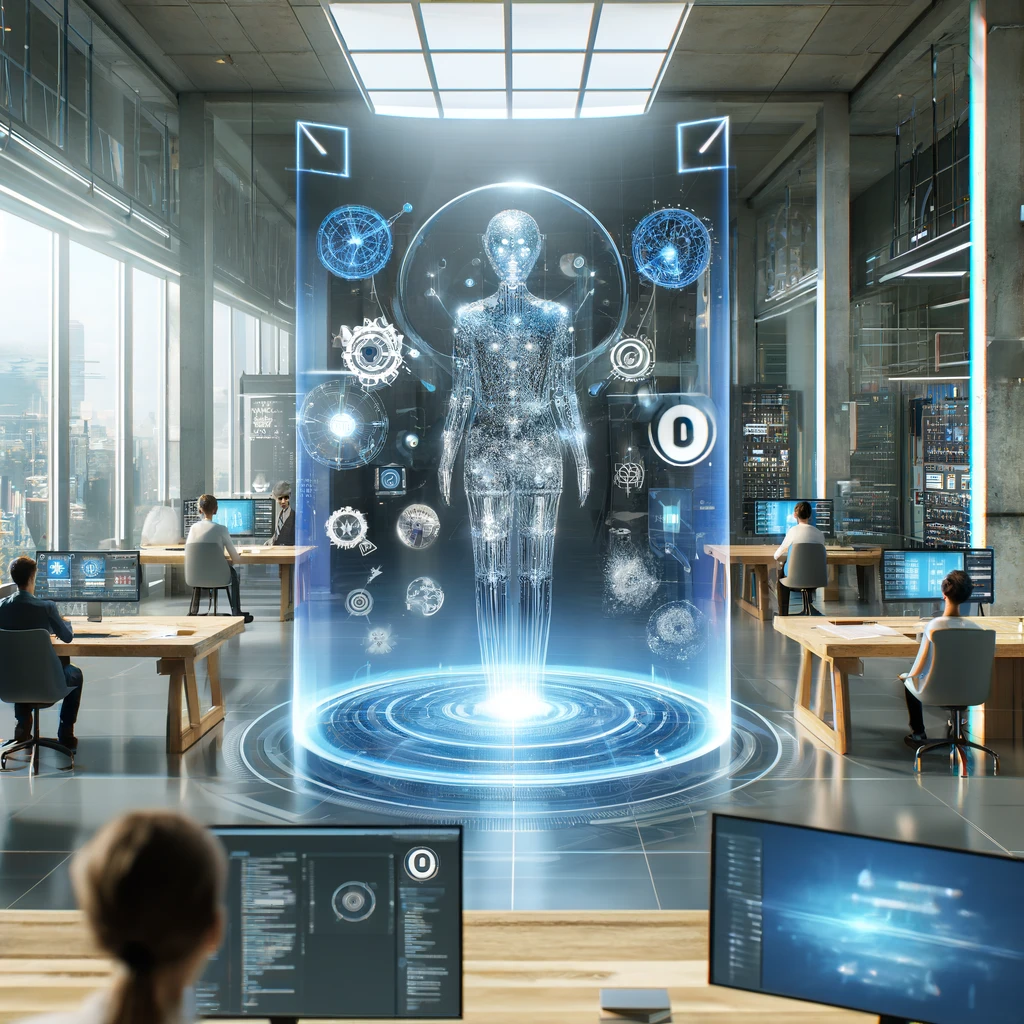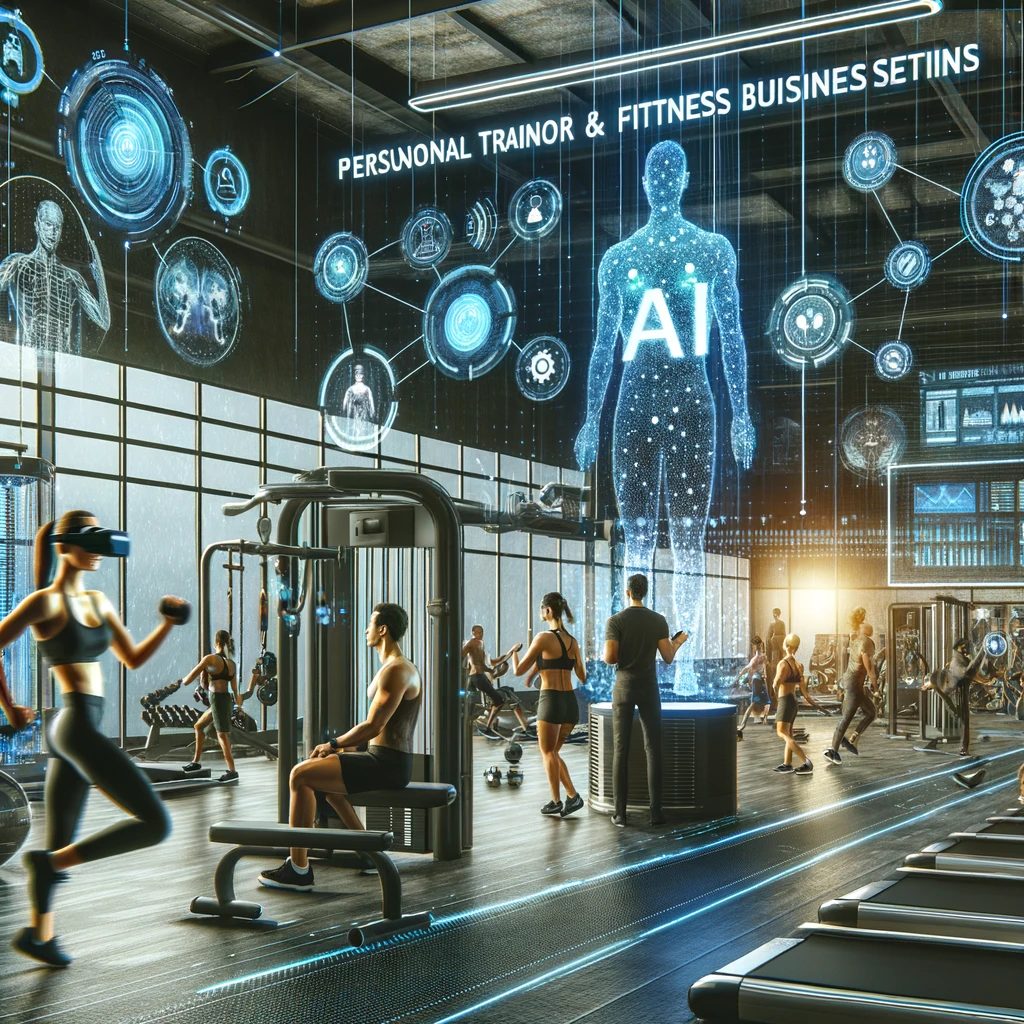Hybrid AI models, which combine various AI methodologies like machine learning, deep learning, and rule-based systems, have become the standard in technology deployments, particularly in sectors requiring nuanced solutions such as healthcare. This integration enables models to leverage the unique strengths of each approach, resulting in more robust, accurate, and versatile solutions.
Real-World Impact: Healthcare
A compelling example of hybrid AI in action is in healthcare diagnostics, where these models significantly enhance the accuracy and efficiency of medical processes. For instance, AI-assisted ECG analysis tools are used to detect arrhythmias with high accuracy, supporting cardiologists in making faster and more accurate diagnoses (Medwave Billing & Credentialing). Additionally, AI-driven systems help in the early detection of diseases like diabetic retinopathy by analyzing retinal images (OpenLoop).
Hybrid AI models also support clinical decision-making. Systems like IBM’s Watson for Oncology analyze vast amounts of medical literature alongside patient data to provide personalized cancer treatment recommendations (OpenLoop). This not only streamlines the workflow for healthcare providers but also enhances patient outcomes by providing targeted and timely interventions.
Benefits and Advancements
The primary advantage of hybrid AI models lies in their ability to handle complex, multi-dimensional problems by integrating different types of data and analytical techniques. This capability is particularly important in fields like healthcare, where both quantitative and qualitative data play critical roles.
Moreover, the future of hybrid AI promises even greater integration and personalization. Technologies are moving towards systems that can dynamically adapt to new data and situations without needing extensive reprogramming. This adaptability makes hybrid AI a powerful tool in managing ever-evolving challenges in various domains, including personalized medicine and real-time decision support systems (BlockchainDevCo).
Conclusion
Hybrid AI models are more than a technological innovation; they represent a paradigm shift in how data-driven solutions are developed and implemented. Their ability to synergistically combine different AI techniques makes them a foundational element in modern AI solutions, driving significant advancements across multiple industries, particularly in healthcare. As these technologies continue to evolve, their role is set to become even more central in developing solutions that are not only effective but also ethical and sustainable.
For further details on the impact and applications of AI in healthcare, you can explore more through these resources on the use of AI in healthcare and AI applications. These links provide deeper insights into how AI is transforming healthcare operations, diagnostics, and patient care.






